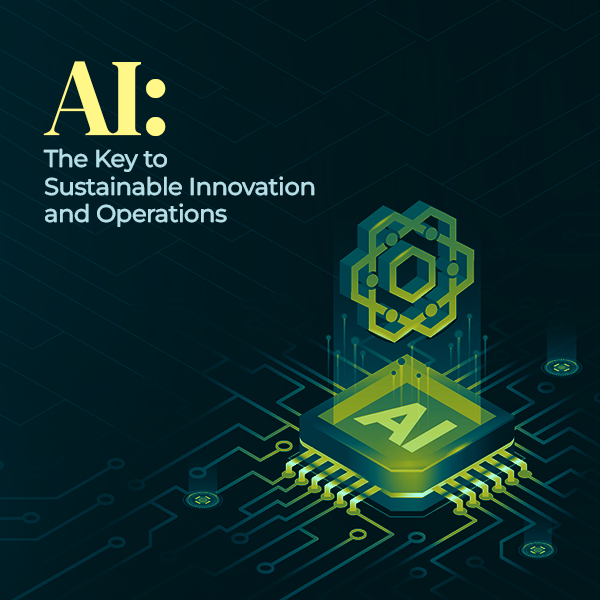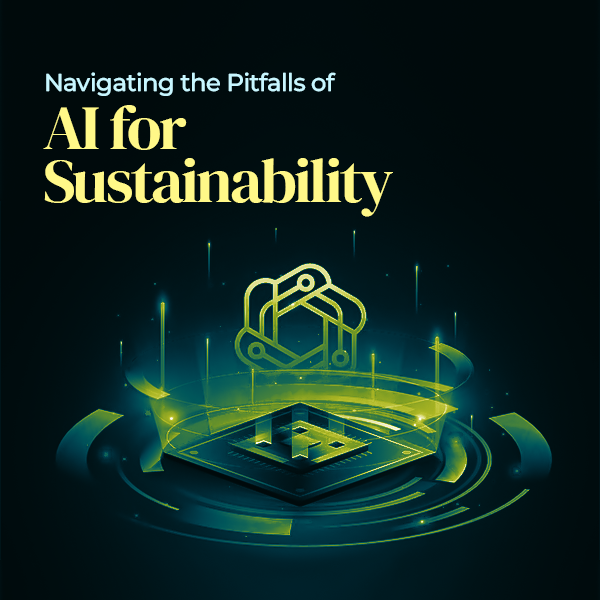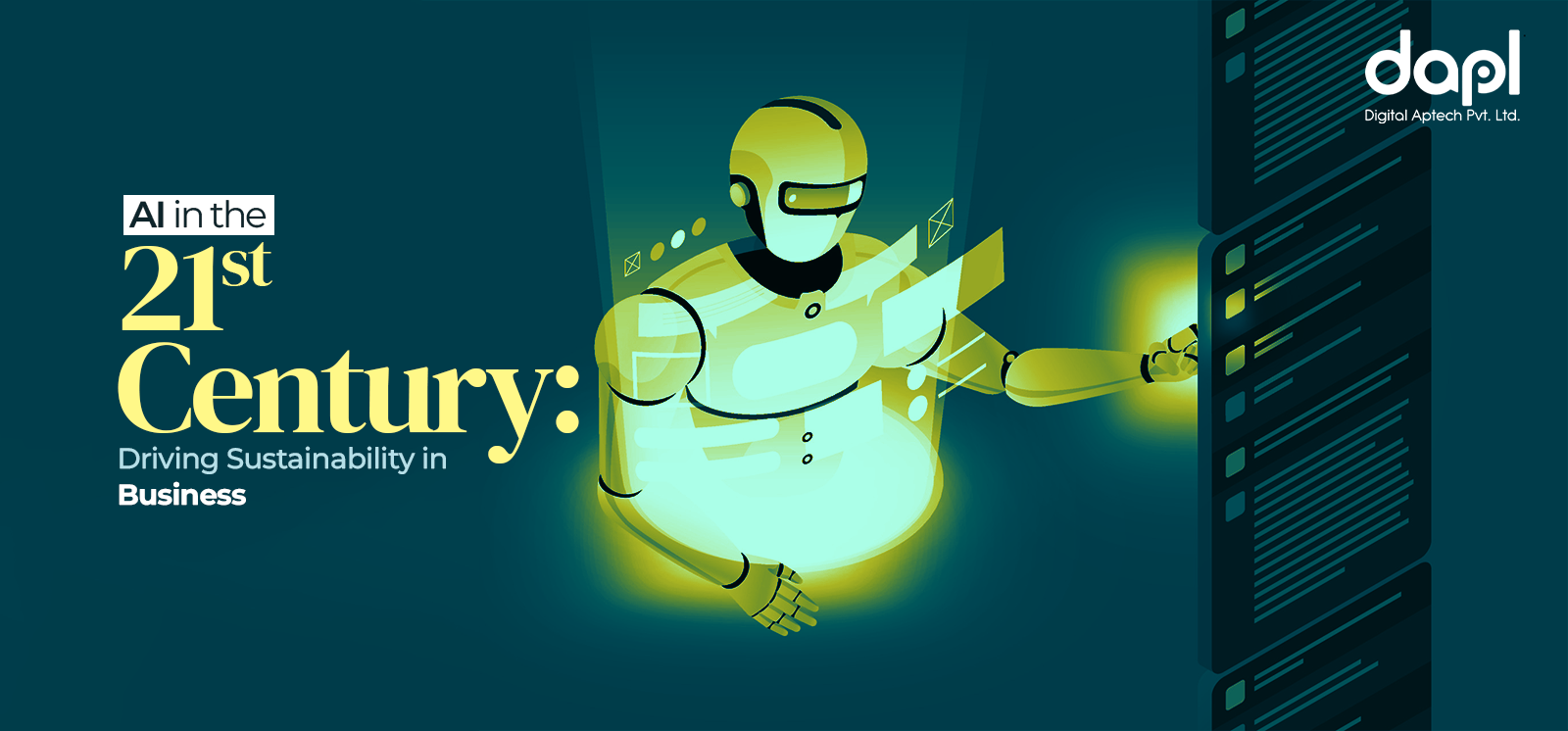Evolving expectations of modern customers and investors are compelling corporations to rethink their business models and shift their focus toward sustainability and social responsibility. A recent study from PWC shows that around 80% of investors consider ESG factors when making an investment decision.
With AI at the center stage of the global business scenario, we can expect to witness an intersection of AI with ESG and sustainable growth. The question arises: How can businesses, therefore, leverage artificial intelligence to realize their green initiatives and fast-track ESG commitments? Let’s find out here.
AI: The Key to Sustainable Innovation and Operations

AI is poised to empower businesses in redefining the following areas of operations to help brands boost their efforts in sustainability drives:
1. Energy Consumption
Smart device integration of AI will be crucial in the efficient and prompt detection of areas of energy wastage or disruption. Brands will also benefit from flexible energy consumption guided by AI algorithms providing crucial insights into real-time requirements.
2. Supply Chain
AI has proved to be a game-changer in supply chain management and production. From accurate forecasts of demand for a service or a product to identifying potential issues with supply chain practices and efficiently optimizing transport routes, AI is revolutionizing how brands manage supply chain operations.
3. Product Design
When incorporated into product development, Artificial Intelligence can empower brands to develop items using socially conscious designs and environment-friendly raw materials. Businesses can align their operations and processes to meet the expectations of responsible and conscious customers and stakeholders.
AI & Sustainability: A Winning Combination
Integrating AI in business operations will enable brands to successfully incorporate ESG and sustainability goals into their core strategies. This will play a vital role in:
Risk Mitigation: Accurately predict upcoming risks related to regulatory guidelines or environmental and social concerns
Profit with a Sense of Purpose: Create a business growth and revenue profit strategy that also aligns with the sustainability goals of the brand
Stakeholder Engagement: Leverage AI-powered insights to project how the brand is compliant with environmental and social welfare causes to potential investors and stakeholders
Navigating the Pitfalls of AI for Sustainability

While Artificial Intelligence comes with a wide range of benefits when it comes to achieving sustainability goals, there are certain associated challenges. To ensure the successful blend of AI and sustainability, brands need to design countermeasures to circumnavigate these challenges:
Ethical Concerns: Ensuring accountability, transparency and fairness when using AI in decision-making and operations
Demand for High-quality Data: The need to use high-quality and robust data to derive actionable insights
Implementation Costs: AI is a crucial catalyst in streamlining operations resulting in reduced expenses. However, it requires substantial investments in terms of infrastructure setup and data gathering
Unlocking Sustainable Growth with DAPL
2025 demands a new approach to business: one that prioritizes sustainability alongside profitability. Artificial Intelligence emerges as a powerful tool, empowering organizations to achieve sustainable, scalable, and profitable operations while minimizing their environmental impact and maximizing their social responsibility.
So, how can your brand leverage AI to become a leader in sustainable business? Digtal Aptech can help you navigate this transition by providing cutting-edge AI solutions tailored to your specific sustainability goals.
Ready to take the leap? Let’s collaborate for a future dominated by big data and AI.




